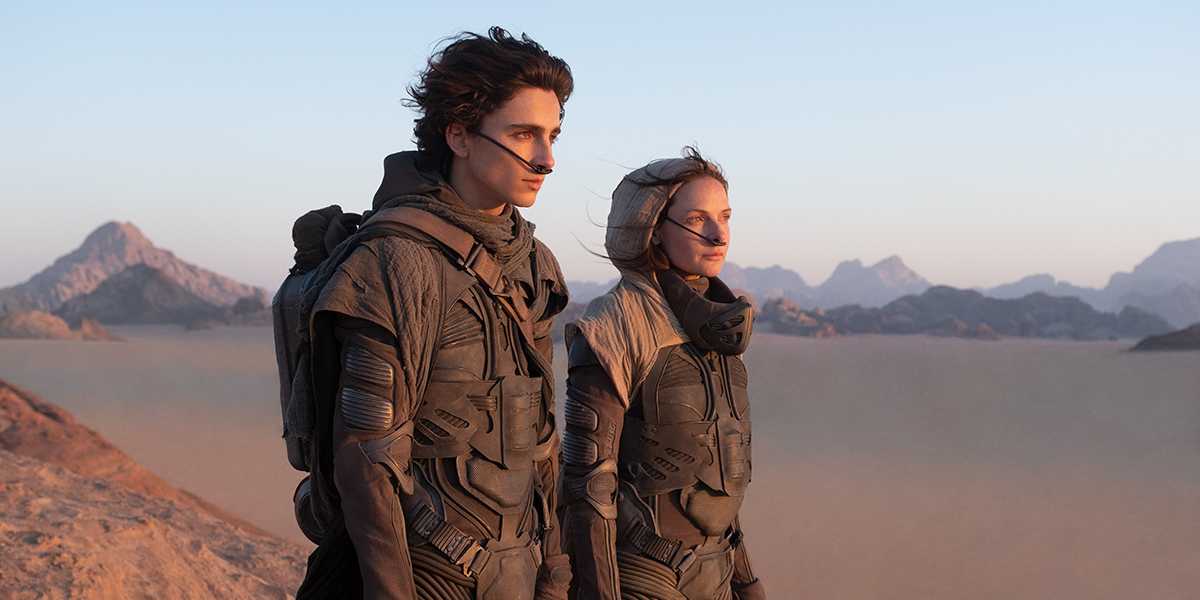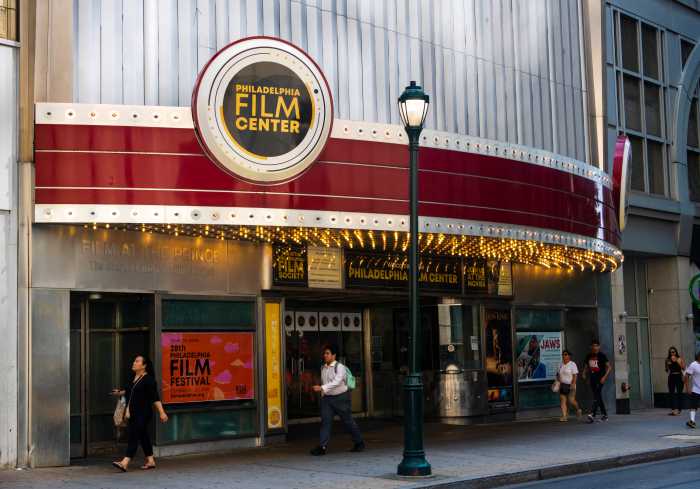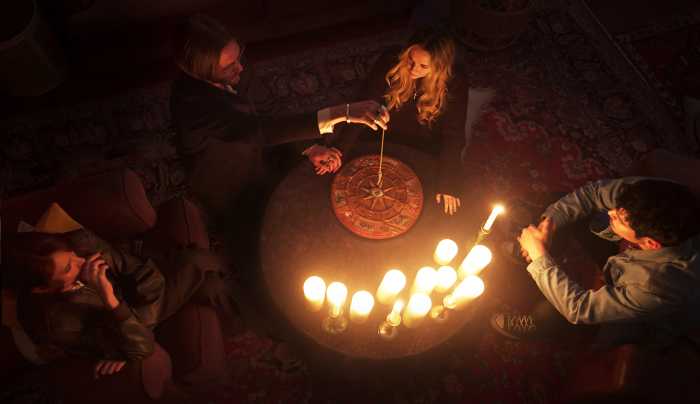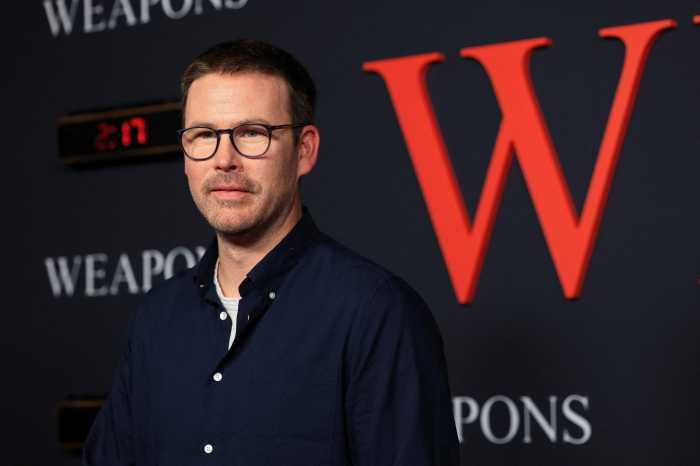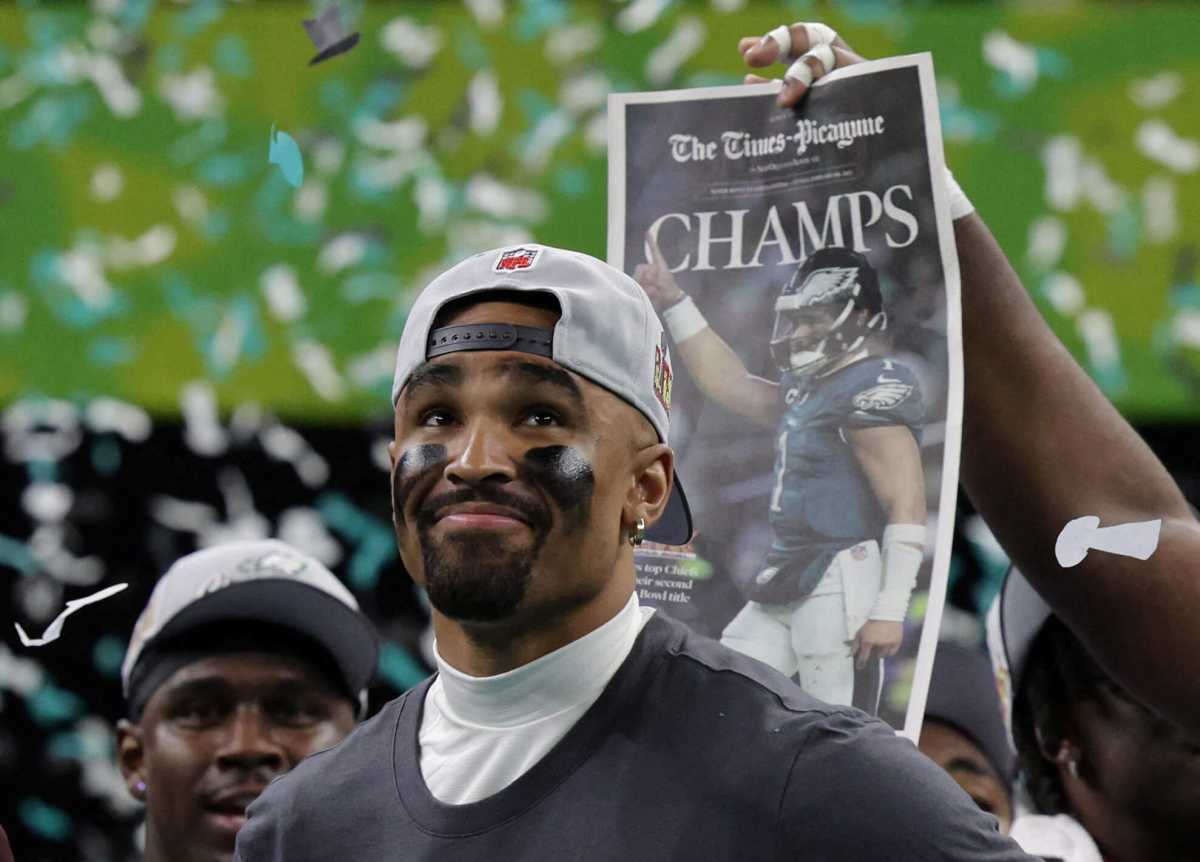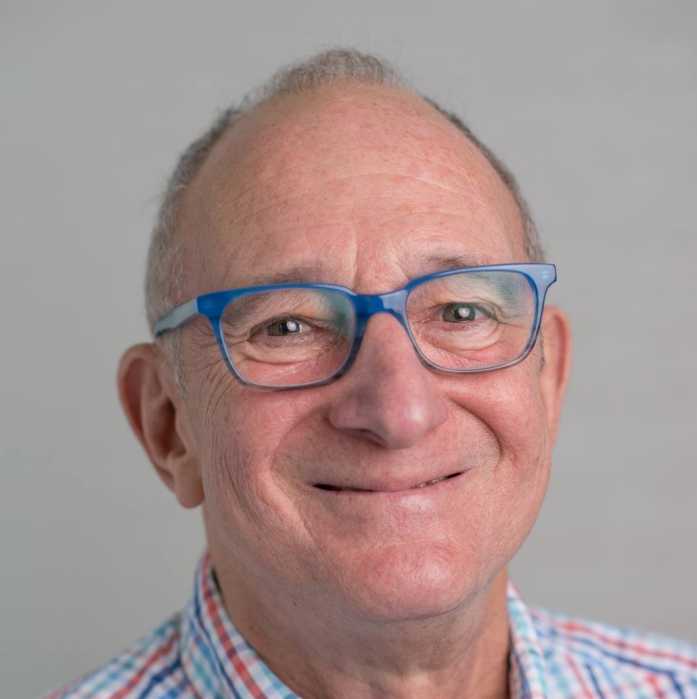By María Estévez, MWN
Critics used to say that the work written by Frank Herbert in 1965 was impossible to adapt to film; however, Canadian filmmaker Denis Villeneuve has successfully met the challenge. Thousands of fans doubted the possibility of distilling this literary saga into a cinematographic exercise, because previous attempts were a failure, including the 1984 feature film by David Lynch and the 2013 documentary by Jodorowsky.
The labyrinthine plot of ‘Dune’ was structured by Villeneuve in two parts by dividing the story in half. The adaptation of ‘Dune’, one of the most revered books in the science fiction canon, exceeds expectations for the filmmaker’s feat of splitting the story in two. The cast includes the great actors of the moment: Zendaya and Timothée Chalamet, who leads the lineup, joined by Oscar Isaac, Josh Brolin, Jason Momoa, Stellan Skarsgård and Javier Bardem.
The filmmaker confesses that he wanted to film ‘Dune’ since his teenage years, when he was a science student obsessed with biology and space exploration. Villeneuve admits to feeling like a worm in the sand when faced with the mammoth challenge of Dune, a sci-fi epic that has swallowed up more than one filmmaker.
Metro spoke with Canadian director Denis Villeneuve to find out more.
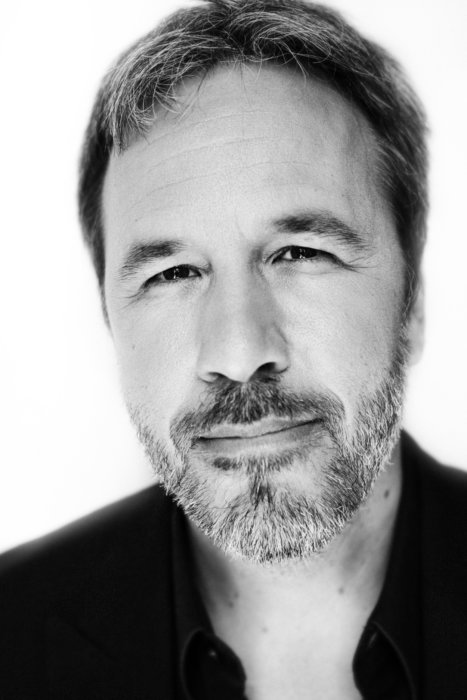
Is your film accessible to audiences unfamiliar with the novel?
Absolutely. It’s a film for all those who are familiar with Herbert’s work, but also for those who don’t know it. I am a fan of the book and I tried to respect its universe. The material I had in my hands was so powerful, so rich and precise, that my great challenge was to make the people who loved this story feel that I put a camera in their mind and gave them back the images and the feelings they had when they read the book.
What haunted you during the adaptation?
I went back to my old dreams, because I’ve always wanted to adapt this script. My biggest obsession was to find the visual language of a story that I’m able to see in my mind. ‘Dune’ has been my Holy Grail since I became a filmmaker. I’ve shot ‘Sicario’, ‘Arrival’ and ‘Blade Runner 2049’ with the sole objective of getting to ‘Dune’.
I’ve improved with every film I’ve made to get my technical ability ambitious enough to take on this project. It took me a long time, I know, but I’m a very slow learner. I couldn’t have done ‘Dune’ before because I didn’t have the tools I have now.
Is it true that you want to shoot the second part of ‘Dune’?
Yes, I hope so. I made this film for myself, because I wanted to fulfill a dream, an obsession I’ve had for decades. The big challenge now is to get the second part. I think I’ve come close enough to the old dream to feel content, although if they let me shoot a second part, I’d be happy.
Have you written the second part yet?
I’m working on it. I know what I want to do and how to do it, and I couldn’t have shot both films at the same time. The amount of work and the complexity of the narrative were defined when I made the decision to shoot the first part first. That has given me distance from what I still have to do. If all goes well, and I’m crossing my fingers, I’d like to have the opportunity to do the second part.
This is a film that talks about identity.
It’s a film that reflects many human feelings that devour us in adolescence. I like projects that have deep roots, but ‘Dune’ is becoming more and more relevant. It is my identity and that of many other young people. I have been able, for the first time, to express that part of me that I had not written about before. I’ve brought out the young man in love with science fiction. We are talking about a novel that is rich, complex, strong in its details and deep in its poetry.
Of all the messages in this story, which one stands out?
The preciousness of resources, the need to build bridges with local communities to sustain us in the future, those are messages that I felt it was right to modernize.
With the pandemic, exhibitors are in a difficult situation. Would you like audiences to see your film in theaters?
I wish audiences would celebrate this film in theaters because it is worth seeing on the big screen. This film is designed for the big screen which is part of the cinematic language: the way you design the shots, the way you cut the film, the way you design the sound.
The experience of cinema is to live it in community. It’s a ceremony where we share emotions together. I think going to the movies is a very important experience: being together and receiving a story, releasing feelings. It is unique. I don’t want human beings to lose that experience.
‘Dune’ will be released on Oct. 22.



